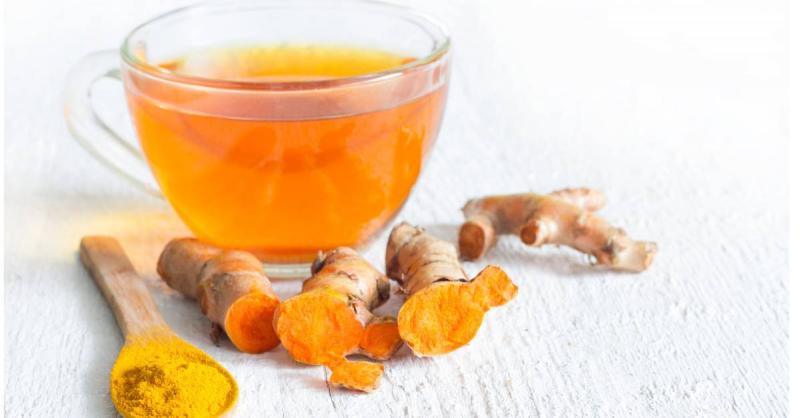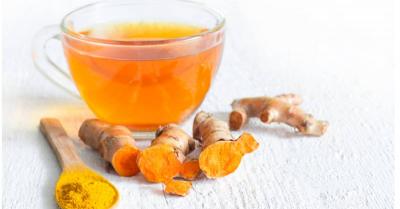A new study warns of the potential risk to the liver health of millions worldwide who are merely trying to improve their overall health. Research conducted by scientists from the University of Michigan revealed the harm caused by taking popular herbal supplements, including turmeric, green tea, ashwagandha for stress relief, and Garcinia cambogia for weight loss. According to a report by New Atlas citing JAMA Network Open, researchers conducted an analytical study from 2017 to 2021 involving data from 9,685 individuals. They discovered that nearly 4.7% of adults in the United States, for instance, used one of six potentially toxic dietary supplements in the month prior to the survey. The list of supplements included turmeric, green tea, ashwagandha, Garcinia cambogia, black cohosh, and red yeast rice.
It was also found that supplement users predominantly took these herbs on their own, rather than based on medical recommendations, to treat various issues, such as using turmeric for joint health and arthritis, or green tea extract to boost energy levels, or Garcinia cambogia for weight loss, or black cohosh to manage hot flashes, or red yeast rice for heart health. When the study discusses green tea, it specifically focuses on green tea extract, not the green tea beverage itself, which is not associated with liver toxicity—although a maximum of eight cups per day is recommended.
While news regarding liver toxicity linked to these supplements is not new, with increased reporting over time, including findings from a 2022 study, medical researchers are concerned that some individuals are unaware of the serious overdose risk, which has led to an increase in emergency room visits due to liver toxicity from 7% to 20% over a decade from 2004 to 2014. Researchers, led by Alyssa Lechetsub, an assistant professor of gastroenterology, stated, "The use of herbal and dietary supplements (HDS) represents an increasing proportion of drug-induced liver injury cases."
Drug-induced liver injury is an acute or chronic injury to the liver also known as toxic liver disease, with a range of symptoms including jaundice, fatigue, nausea, rashes, itching, and pain in the upper right abdomen. While it can be treated by removing the toxic trigger, it can lead to severe consequences, potentially requiring a liver transplant or even resulting in death if not treated or removed.
Although cases requiring hospitalization due to herbal supplement misuse are on the rise, researchers do not encourage abstaining but rather urge users to be vigilant regarding the ingredients and dosages, especially if combining them or with other medications for chronic conditions, which could itself be a toxic and lethal mix. Researchers wrote, "In light of the lack of regulatory oversight on the manufacturing and testing of herbal products, it is advisable for physicians to obtain a full history of medications and HDS use when assessing patients with unexplained symptoms or liver test abnormalities."
They added, "Given the widespread and growing popularity of herbal products, we urge governmental authorities to consider enhancing regulatory oversight on how these plants are produced, marketed, tested, and monitored in the general population."




